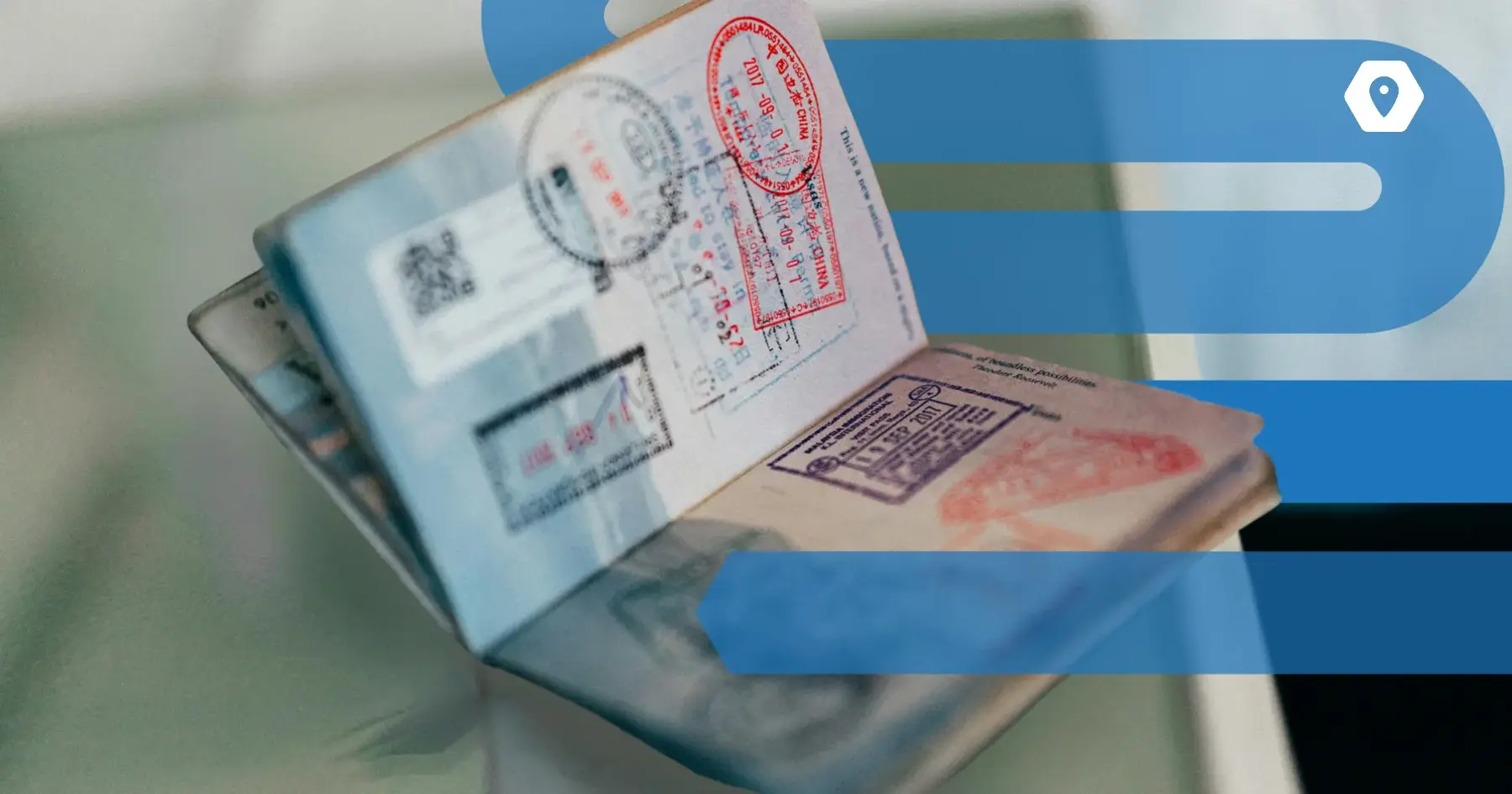What is an EU Blue Card in Germany?
The German EU Blue Card is a special residence permit designed for international professionals looking for qualified work in the European Union, and it also applies to Germany. This permit aims to address skill shortages across Europe’s job markets, simplify administrative processes, and improve alignment within the EU. It's a pathway for highly skilled non-EU nationals to live and work in Germany.
What are the benefits of the EU Blue Card?
Holding an EU Blue Card in Germany offers a range of advantages for skilled professionals and their families.
- Visa-free travel within the EU: You can travel visa-free within the EU for up to 90 days. Keep in mind, though, this doesn't apply to working in other EU countries if you hold a German EU Blue Card.
- Faster path to permanent residency: You can apply for a permanent residence permit sooner than with other permits. This is possible after 21 months if you have a B1 German language certificate and have paid into German pension insurance. Without a B1 certificate, you can apply after 33 months with an A1 language certificate.
- Easier family relocation: Bringing family members is simpler. Requirements like proving sufficient living space are waived. Spouses can also work in Germany without restrictions and don't need to prove German language skills to get a residence permit.
- No German language requirements for applicants: As the main applicant for the EU Blue Card, you don't need to show German language skills.
- Simplified mobility within the EU: Moving to another EU country for a job becomes a more straightforward process.
- Extended stay outside the EU: Holders can stay outside the EU for up to 12 consecutive months without losing their Blue Card. However, it's important to keep your address registered and maintain an unterminated employment contract (remote work is allowed). These factors can affect the time counted towards a permanent residence permit.
Validity of EU Blue Card
Generally, the EU Blue Card is valid for up to 4 years. There are a few exceptions:
- Passport validity: If your passport expires before the 4-year period, your EU Blue Card will be issued with the same expiration date as your passport.
- Limited work contract: If your work contract is for a specific duration, your EU Blue Card will be valid until that contract ends. In some cases, you can extend its validity while in Germany.
Who is eligible for the EU Blue Card?
To get an EU Blue Card in Germany, you generally need to be a highly qualified professional. Here's who qualifies:
- Professionals with a recognized university degree.
- Qualified professionals with tertiary education equal to a university degree.
- Professionals in shortage occupations.
- Recent university graduates (career starters) with a recognized degree.
- IT Specialists, even those without a recognized degree.
What types of the Blue Card EU are available in Germany?
Germany offers several types of the EU Blue Card to cater to different professions and career stages. Understanding these variations is a crucial part of knowing what is a blue card in Germany
Each type comes with specific eligibility criteria and advantages. The primary distinctions often relate to the required salary threshold and the necessity of a university degree.
What are the EU Blue Card requirements?
The requirements for an EU Blue Card in Germany vary slightly depending on the specific category you fall into. Here's a breakdown:
General requirements for all EU Blue Card types
- Job Offer: You need an employment contract or a binding job offer in Germany.
- Period of Employment: The job offer must be for at least 6 months.
- Salary: Your employment in Germany must provide a salary that allows you to support yourself. Specific minimums apply.
Detailed requirements by category
1. Requirements for EU Blue Card with a recognized academic degree
2 - EU Blue Card requirements for IT-specialists
3 - Requirements for EU Blue Card with employment in a shortage occupation
4 - EU Blue Card requirements for career starters
Application process for the EU Blue Card in Germany
Download our FREE EU Blue Card eBook now and get expert insights, essential checklists, and insider tips, all in one click! DOWNLOAD NOW.


.svg)








.jpeg)




.svg)
